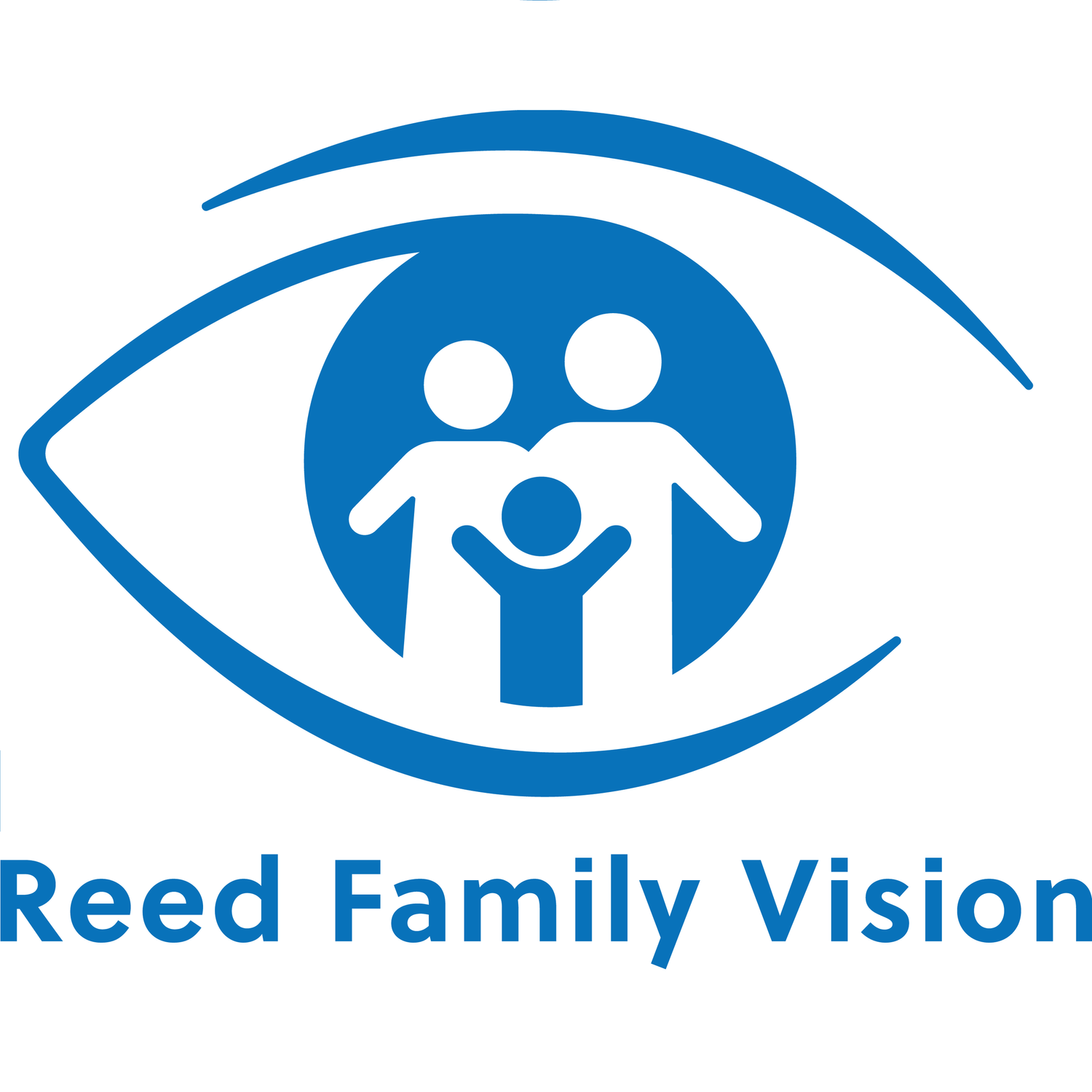Fall Allergies can be miserable
There are some solutions, give us a call.
How Allergies Affect Your Eyes
When allergens like pollen, dust, or pet dander come in contact with your eyes, your body releases histamines as a defense mechanism. This can cause:
Redness
Itching
Watery eyes
Puffy eyelids
Blurry vision
These symptoms, often called allergic conjunctivitis, are common during spring and fall but can occur year-round.
Tips for Clearer, More Comfortable Eyes
While allergies may be unavoidable, there are practical steps you can take to protect your eyes and reduce irritation:
1. Limit Exposure to Allergens
Keep windows closed during high pollen days.
Use air purifiers indoors.
Wear sunglasses outdoors to shield your eyes from pollen and wind.
2. Practice Good Eye Hygiene
Wash your hands frequently and avoid rubbing your eyes.
Use artificial tears to flush out allergens.
Apply a cool compress to reduce swelling and irritation.
3. Choose the Right Eye Drops
Over-the-counter allergy drops can ease mild symptoms, but stronger prescription options may be necessary for persistent issues. Our team can recommend the best treatment based on your needs.
4. Consider Contact Lens Alternatives
Contacts can trap allergens against the eye. Switching to daily disposables or glasses during peak allergy season may improve comfort.
5. Schedule an Eye Exam
Because allergy symptoms can mimic other eye issues, it’s important to rule out more serious conditions. A comprehensive exam ensures your eyes stay healthy while addressing your allergy-related discomfort.
When to See an Eye Doctor
If your symptoms don’t improve with basic care or you notice severe pain, light sensitivity, or changes in vision, it’s time to schedule an appointment. Professional care can help you find relief and protect your long-term eye health.
Stay Clear and Comfortable with Reed Family Vision
Allergies don’t have to cloud your season. With the right strategies—and the right eye care team—you can keep your vision clear and your eyes comfortable.





